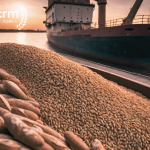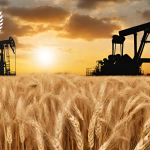Our exit negotiations with the EU are hampered by the limitations for meetings caused by Covid-19. Despite this, Michel Barnier, for the EU and David Frost, our lead negotiator, are due to commence the fourth round of discussions by video link this week.
For me, it’s more akin to a Mexican stand-off (no, not the Trump kind), where neither side is looking to give any ground despite the clear knowledge both will be losers. This will hurt the British most in my view as 45% of our exports go to the EU and just 7% of theirs come here.
Here’s my take on the sticking points for each side:
For the EU:
•The UK cannot cherry-pick. For a free-trade deal to work the UK has to abide by common regulations, security and governance
•Strangely, they won’t offer us a deal like Norway because our economy is too large. They won’t offer us a deal like Canada because we are geographically too close
•The EU wants to keep access to UK fishing rights
For the UK:
•We have a political agreement, does discombobulating Boris want to abide by it?
•Will Bojo throw N Ireland overboard?
•We need free passporting for our financial services sector
My end-game prediction:
We will not have a trade deal finalised by the 31st Dec this year. This will panic both sides into coming to an agreement within a few months with the EU conceding on common regulation and recognising equivalence instead. Negotiations between the EU and Norway or Switzerland are now just part of ongoing negotiation bureaucracy and I’m sure the UK will join a similar club.
A temporary no-deal will certainly mean WTO style tariffs, quotas, sanitary and phytosanitary controls which will have massive consequences of increased paperwork, holdups at ports and rising costs, thereby changing trade-flows of where we source and sell goods. Unemployment will increase further.
The UK Agriculture Bill
The next reading of this piece of really important legislation went through the House of Commons earlier in May. A request for amendments by the Conservative chair of the Agriculture Select Committee was defeated. The paper is now in the Lords for detailed scrutiny.
Track the Bill https://services.parliament.uk/bills/2019-21/agriculture.html
This Bill will change the face of farming in England more than any time in the last 20 years when the EU Ag Commissioner, Ray McSharry, introduced CAP reforms that moved us from Intervention prices to area payments with environmental top-ups.
The new plan will focus on public money for public good on the countryside, environment and community engagement. We will also seek to have more free trade with other countries.
The devil will probably be in the detail but British farming is going to have to face a stark reality of:
•The days of support money are coming to an end
•Despite protests, we will be opening up more of our markets to very competitively priced goods produced overseas to similar standards
•If we want access to overseas markets we have to allow free-trade goods to come here
•I’m not sure about the NFU suggestion of an annual food security review compared with the proposed 5 year term. Given the vagaries of yearly UK food production volumes I would have thought a rolling 5 year average would be best
•UK consumers will always expect and deserve a very wide choice of high quality, good value food any time throughout the year. Despite our dreams, UK farmers and growers cannot and should not expect to control this market and only supply the quality and quantity that is available. Fairly competing for free trade will, in the end, make us more productive and better for the planet. Prof. Patrick Minford’s thinking prevails
•To compare us with some EU competitors there’s nothing stopping British farming from increasing it’s UK food market share now
•Due to CV-19, Red Tractor audits have started to be done remotely. In future this will allow the auditor more time to observe the farm rather than the farm records. Maybe this a good time to add an environmental audit to the requirements.


